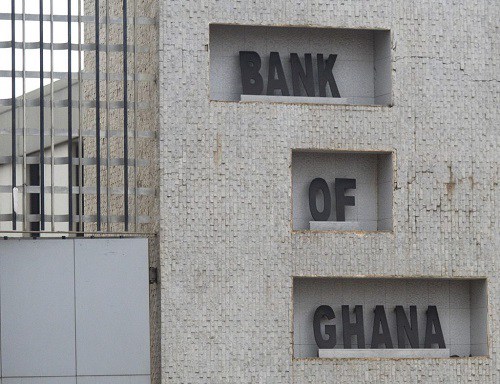After months of comparatively lower uptake of Treasury securities by investors, stifling its ability to cover up its maturing debts, there is a build-up of cash buffers, following the seventh successive week of excess uptake of bids from the market.
Results from the last auction two weeks ago showed that the Treasury accepted all bids, above its target, to raise GH¢1.08billion, exceeding the auction target by 92.1 percent.
The excess uptake continued into the 7th successive week, supporting the continued build-up of cash buffers as the Treasury seeks to make up for the uncovered auctions in the first half of 2022 (1H22).
Prior to the start of the year, the Treasury has, on a monthly basis, missed its auction target. For instance, in August last year, the auction coverage ratio stood at 0.96x, declining further to 0.84x in October 2021.
However, during the first half of 2022, the auctions recovered gradually to 0.93x and 1.12x in January and February 2022, respectively. Subsequently, the auction coverage ratio worsened.
Apakan Securities, a market watcher, in its analysis of the first half performance, indicated that tight cedi funding in the market mirrored a poor auction performance in the second quarter of the year, with the Treasury missing its first two months’ auction targets for the period.
Out of the GH¢16.92billion intended to be raised across 91- to 364-day bills for Q2-2022, the Treasury was able to raise GH¢13.01billion across the same spectrum, translating into a shortfall of 23.1 percent.
The poor performance also reflected a dip of 10.8 percent quarter on quarter (q/q), relative to GH¢14.58billion raised from the market in Q1-2022. Accordingly, the uptake for Q2-2022 covered just 94.5 percent of the total maturing face value (FV) for the period.
Considering the uncertainties in the market, Apakan Securities said the government’s issuance calendar for Q3-2022 continues to have a new look to suit market needs.
Similar to the Q2-2022 issuance calendar, the government did not indicate specific auction targets to be raised across tenors. However, in Q3-2022, the government plans to raise a gross amount of GH¢23.07billion from the market, of which GH¢21.12billion will be used to rollover maturities, while the remaining GH¢1.95billion will be a fresh issue used to finance government operations.
Upward movement of yields continues
The market expects further upward movement of yields, adjusting for inflation, as investors continue to mitigate losses due to price pressures. The weighted average yields of T-bills currently stand at 26.71 percent for the 91-day, 28.26 percent for the 182-day, and 27.85 percent for the 364-day tenors.
However, Databank, in its perusal of the market in the 1H22, anticipates the upward pressure on yields to lessen in 4Q22.
“In the last two prints, the rise in year-on-year inflation showed a moderation while the month-on-month inflation showed an actual decline. The emerging cool-off in CPI inflation suggests a near-term peak, and supported the BoG’s decision to maintain the policy rate at 19 percent.
While fiscal uncertainty remains elevated, Ghana’s mid-year budget review signalled a target primary surplus (0.4 percent of revised GDP) compared to 0.1 percent in the original budget,” the asset management company said.
“This fiscal commitment could cap the borrowing pressure and combine with the expected peak in headline inflation to lessen the upward pressure on yields in the near term,” it added.
Source: thebftonline.com





